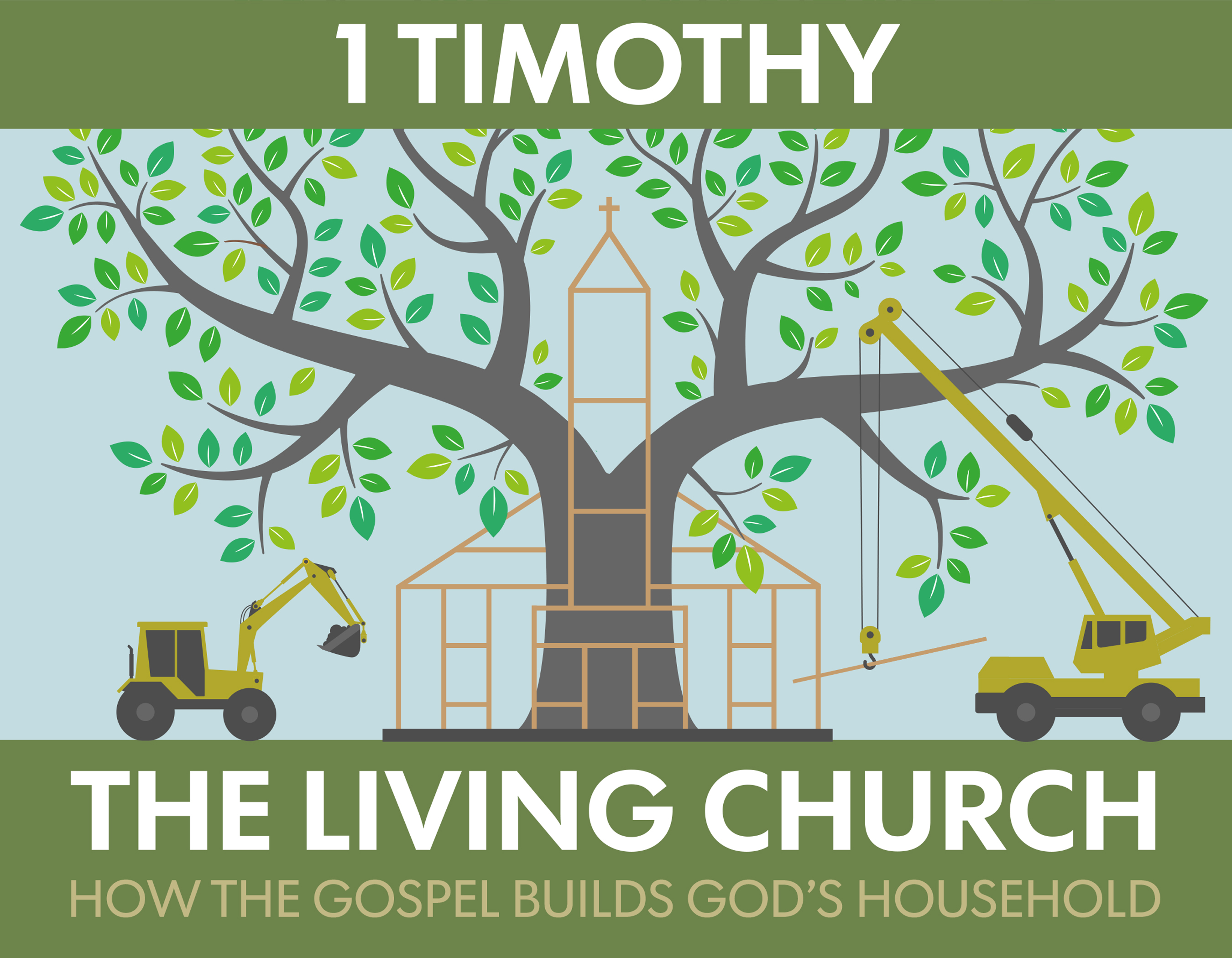 Oceania was at war with Eastasia: Oceania had always been at war with Eastasia.
Oceania was at war with Eastasia: Oceania had always been at war with Eastasia.
George Orwell, 1984
But test everything; hold fast what is good
1 Thessalonians 5:21
In preparation for the upcoming removal of masks, the self-congratulations of politicians, and the ticker tape parades of liberated citizens kissing in the streets, I offer this selective reading of 1984. Let the reader the understand: Nothing has changed.
What Covid-19 Has Wrought
As the State of the Union address is presented mask-optional tonight, it is important to remember what has changed and what has not. Today, the air is the same; immune systems are the same; and threat of Covid is the same. Covid-19 and its various variants are still deadly for those with underlying conditions and it is still innocuous for those with healthy bodies, especially children.
At the same time, masks still do not work. Fauci said as much privately before the pandemic, then he changed his mind publicly during the pandemic, and now he, and the CDC, and others have waffled back to some compromised position. Very presidentially, he was for same-sex marriage, before he was against it, and now he has returned his original position. Just replace Obama’s subject matter (so called same sex marriage) with Fauci’s (masks, mandates, etc.) and you will understand the convoluted logic of a career politician.
Yes, Covid-19 was political before it wasn’t. And how do we know? Because “end” of Covid has come by political fiat, not by a substantial change in the conditions. As the Washington Post reported in early February, governors are changing mask mandates for political reasons. Similarly, Saturday Night Live, that bastion of liberal catechesis, has performed a skit that is not funny but is informative. Watch it here. (This the first and I hope the last time I share something from SNL).
For those who have ears to hear and eyes to see, it is not science, nor the man who declared himself to represent Science, that has made the final determination about masks—it is politics. Under threat of losing control, politicians are moving to a position that appears to give freedom to the people. And SNL is helping prepare the masses for the stunning realization that the last two years of draconian mandates were more fiction than fact. And what are Christians do? Should we celebrate with the masses? Or should we realize how farcical this whole pandemic has been.



 From the beginning of the church, there were designated leaders. And though given various names (e.g.,
From the beginning of the church, there were designated leaders. And though given various names (e.g.,  In the Bible we learn that preaching is not the only way God’s Word is communicated. In the Old Testament, the Levites are seen explaining the Law to the people of Israel (Nehemiah 8:7–8). And in the New Testament, Paul says of his ministry, “I did not shrink from declaring to you anything that was profitable, and teaching you in public and from house to house” (Acts 20:20).
In the Bible we learn that preaching is not the only way God’s Word is communicated. In the Old Testament, the Levites are seen explaining the Law to the people of Israel (Nehemiah 8:7–8). And in the New Testament, Paul says of his ministry, “I did not shrink from declaring to you anything that was profitable, and teaching you in public and from house to house” (Acts 20:20). For the last few weeks I have been listening to the audiobook by John Knokey,
For the last few weeks I have been listening to the audiobook by John Knokey, 
 If you go to church, I’m sure you’ve experienced the “
If you go to church, I’m sure you’ve experienced the “ This is how one should regard us, as servants of Christ
This is how one should regard us, as servants of Christ